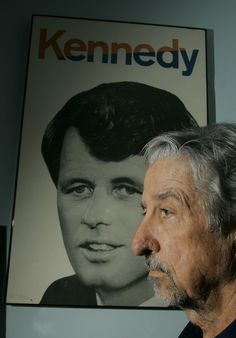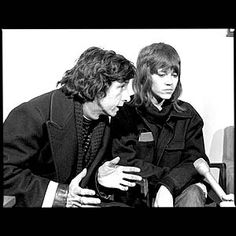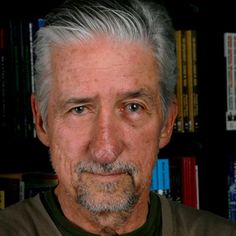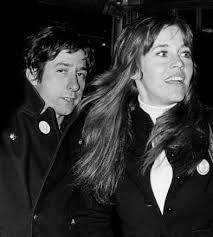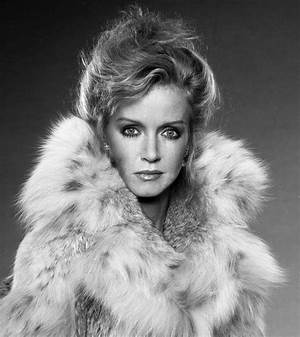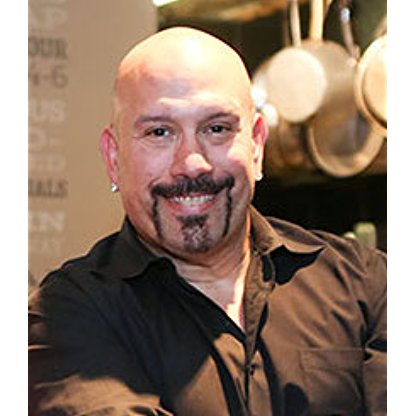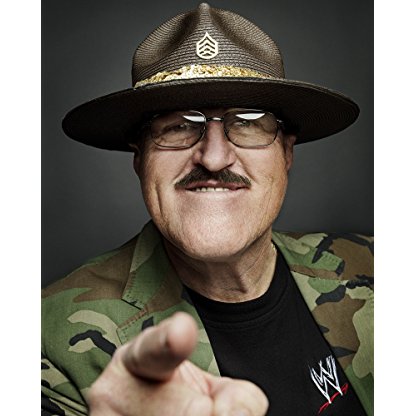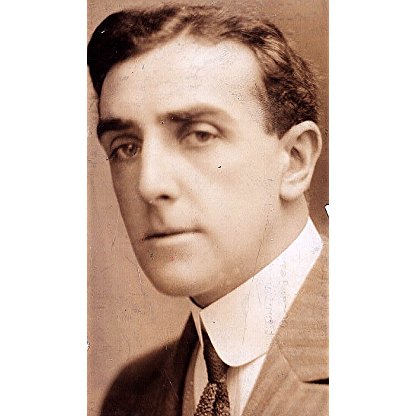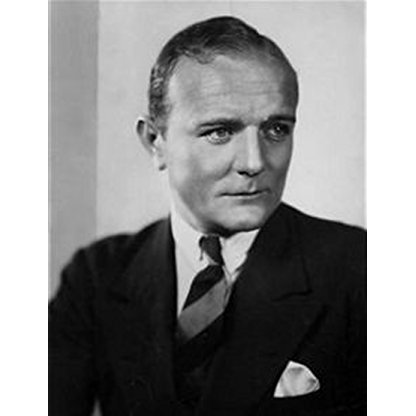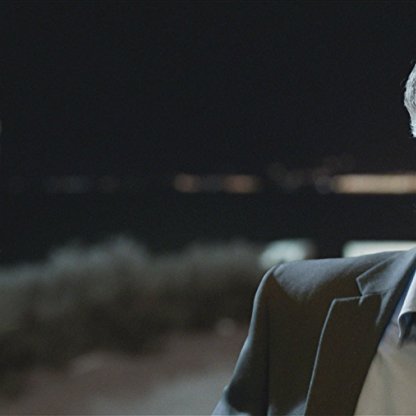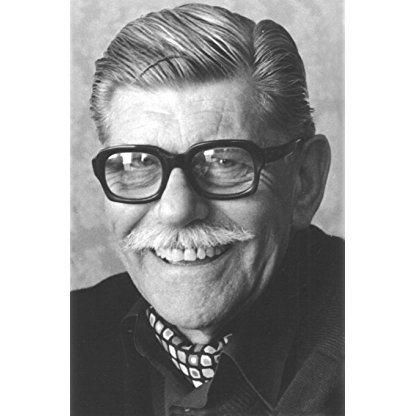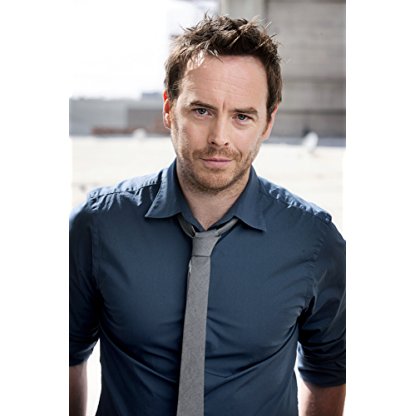Hayden also founded the Indochina Peace Campaign (IPC), which operated from 1972 to 1975. The IPC, operating in Boston, New York, Detroit and Santa Clara, mobilized dissent against the Vietnam War, demanded unconditional amnesty for U.S. draft evaders, among other aims. Jane Fonda, a supporter of the IPC, later turned this moniker into a name for her film production firm, IPC Films, which produced in whole or in part, movies and documentaries such as F.T.A. (1972), Introduction to the Enemy (1974), The China Syndrome (1979), Nine to Five (1980) and On Golden Pond (1981). Hayden and Fonda divorced in 1990.


